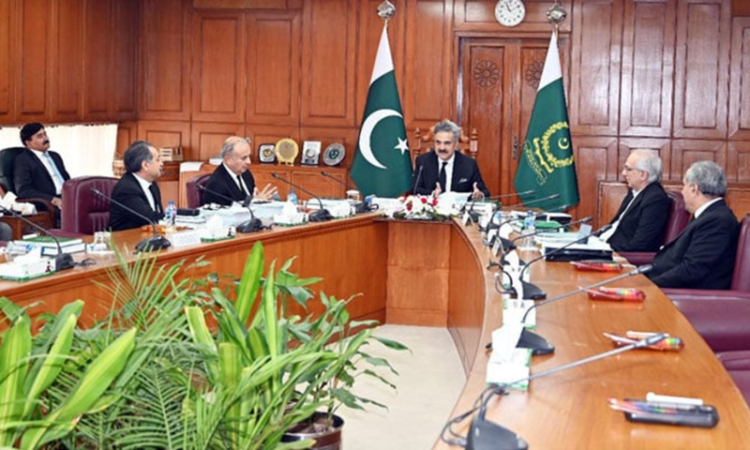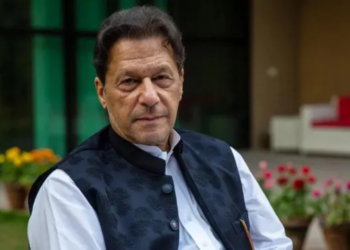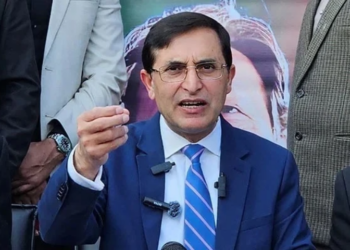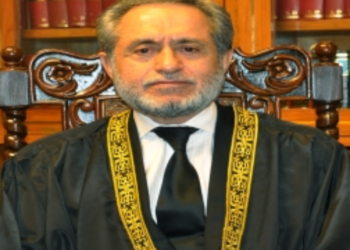Islamabad, November 8, 2024 – The Supreme Judicial Council (SJC) has resolved to broaden its consultations regarding a letter from six judges of the Islamabad High Court (IHC) alleging interference by intelligence agencies in judicial matters.
The decision emerged from a meeting of the SJC, chaired by Chief Justice of Pakistan (CJP) Yahya Afridi, according to a press release from the Supreme Court. Participants included Justice Mansoor Ali Shah, Justice Munib Akhtar, IHC Chief Justice Aamer Farooq, and Balochistan High Court Chief Justice Muhammad Hashim Kakar.
The council discussed multiple agenda items, including potential amendments to the judicial code of conduct under Article 209(8) of the Constitution and the letter from the IHC judges. “The Council considered various options and decided to widen consultations on this matter, noting that the code applies not only to judges but also to heads of other institutions. The issue will be revisited in the next meeting,” stated the press release.
This letter from the IHC judges, which surfaced on March 25, urged then-CJP Justice Qazi Faez Isa to convene a Judicial Convention to address concerns over interference in judicial affairs or intimidation undermining judicial independence. The letter was authored by IHC judges, including Justices Mohsin Akhtar Kiyani, Tariq Mehmood Jahangiri, Babar Sattar, Sardar Ejaz Ishaq Khan, Arbab Muhammad Tahir, and Saman Fafat Imtiaz.
The letter’s appearance closely followed a Supreme Court ruling declaring the removal of former IHC Justice Shaukat Aziz Siddiqui unlawful, allowing him to be regarded as a retired judge. The ruling noted that the SJC had proceeded on the “assumption that the truth or falseness of the allegations made” by Justice Siddiqui was “irrelevant.”
Although the development has not been officially confirmed, sources indicate that after taking office, CJP Afridi met with IHC Chief Justice Aamer Farooq, who heads the high court’s administrative committee.
In addition to addressing the letter, the SJC reviewed ten complaints against various judges, filed under Article 209 of the Constitution, but found no substantial evidence to support the allegations, leading to their dismissal. The council also discussed the establishment of a formal rule-making process and a permanent secretariat, agreeing to have a draft set of rules ready for review at the next meeting.
The SJC has empowered CJP Afridi to hire a qualified individual for three months as secretary to aid in meeting facilitation, rule development, and the organization of the Council’s secretariat.









